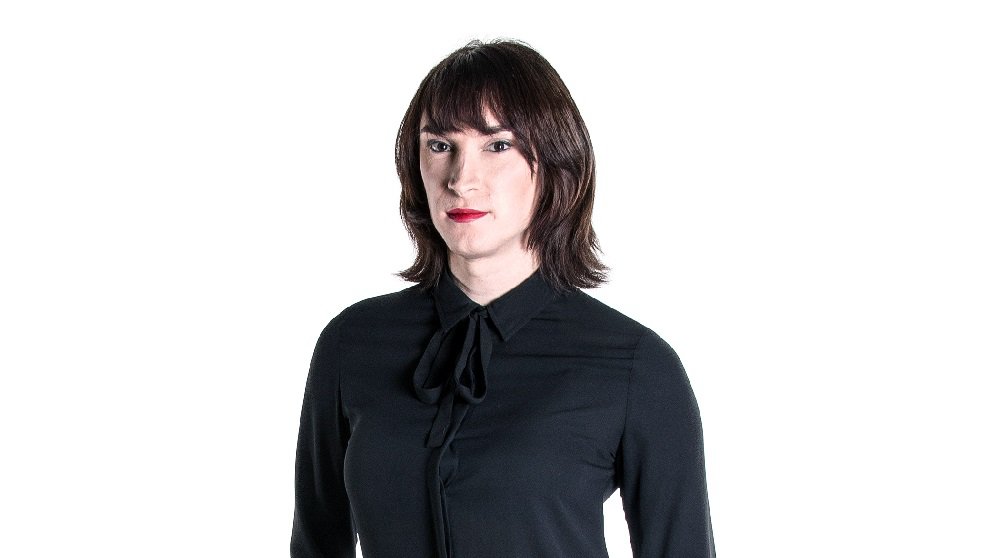‘The Assignment proves Hollywood needs to try harder when it comes to trans representation’

Social media is a nuance void. Take any, even vaguely controversial topic and watch divisive hot takes spring up on both ideological sides like hives. I admit I have not seen Walter Hill’s doomed movie The Assignment and have so far held my tongue on the subject.
If you’ve avoided the controversy thus far, the film follows the story of Frank Kitchen (Michelle Rodriguez), an assassin who is forced to undergo gender reassignment surgery as a gangland punishment. The procedure is carried out by an insane surgeon played by Sigourney Weaver.
Hopefully, a brief description of the plot should have been enough to convince you that this sounds – and indeed looks – like a dreadful film. It’s described as a homage to the exploitation movies of the ’60s and ’70s, in much the same vein as Tarantino’s Kill Bill or Death Proof.
What upset the internet, as you’d expect, was the inclusion of the gender reassignment revenge plot. The criticisms were manifold. The first was that in Michelle Rodriguez we have, yet again, a cisgender actor playing a transgender role. After furore around Jared Leto going trans-for-pay in Dallas Buyer’s Club, and the emergence of actors like Laverne Cox, Hari Nef and the cast of Tangerine, it was hoped that Hollywood would now employ transgender actors for trans parts. The makers of The Assignment, originally called Tomboy: A Revenger’s Tale and then Re:Assignment, seemingly didn’t get this memo.
Worse still, Rodriguez defended her casting by stating she’s bisexual. That’s nice and all, but sexual and gender identity are not the same thing.
I would be prepared to grin-and-bear cisgender casting (how many straight actors play gay roles, for instance) if the subject matter were in any way tasteful – Jeffrey Tambor is wonderful in Transparent, for instance. However, there is a danger in the mere concept of forced transition. This exact devise, additionally, was also present in Almodóvar’s The Skin I Live In.

A few weeks ago, BBC2 aired a documentary called Transgender Children: Who Knows Best? A discredited doctor claimed that a ‘transgender lobby’ is steering impressionable youngsters towards surgeries they will later regret. The salacious, tabloid-baiting tone of ‘sex-change-ops-and-docs’ is very much still present in our media, worrying children, parents and trans people alike. Movies like The Assignment propagate damaging myths about gender variance and transition.
Gender transition, if we are to believe The Assignment, is a fate worse than death. In reality, neither children nor adults are forced into surgeries. Some trans people never have surgeries. Gender clinicians are not psychopaths who drug and perform operations on unwilling victims. Gender surgery is not ‘mutilation’.

In a world where the entire audience watched this movie and thought ‘gosh what total fantasy’ there might not be a problem, but a lot of people really think this sort of thing is a reality. They honestly believe children are being forced to transition. That’s why I can’t ‘lighten up’ or ‘get a sense of humour’. Online trolls have genuinely accused me of brainwashing kids.
In changing the title from the pun-laden Re:Assignment to The Assignment, it’s possible the filmmakers are at least aware of the mess they’ve created. Trans people so rarely see ourselves in the media, and while there is so little representation, negative, misleading depictions like these must be challenged. Above all else, the film just looks awful. Perhaps the biggest mystery of all is how on earth anyone ever thought it was a good idea.
Juno Dawson is a London-based writer and author of ‘This Book is Gay’. Follow her on Twitter @junodawson.
More stories:
Sydney is having its biggest party of the year – WIN flights for two!
Exclusive | Boys strip down to their designer briefs for Attitude
